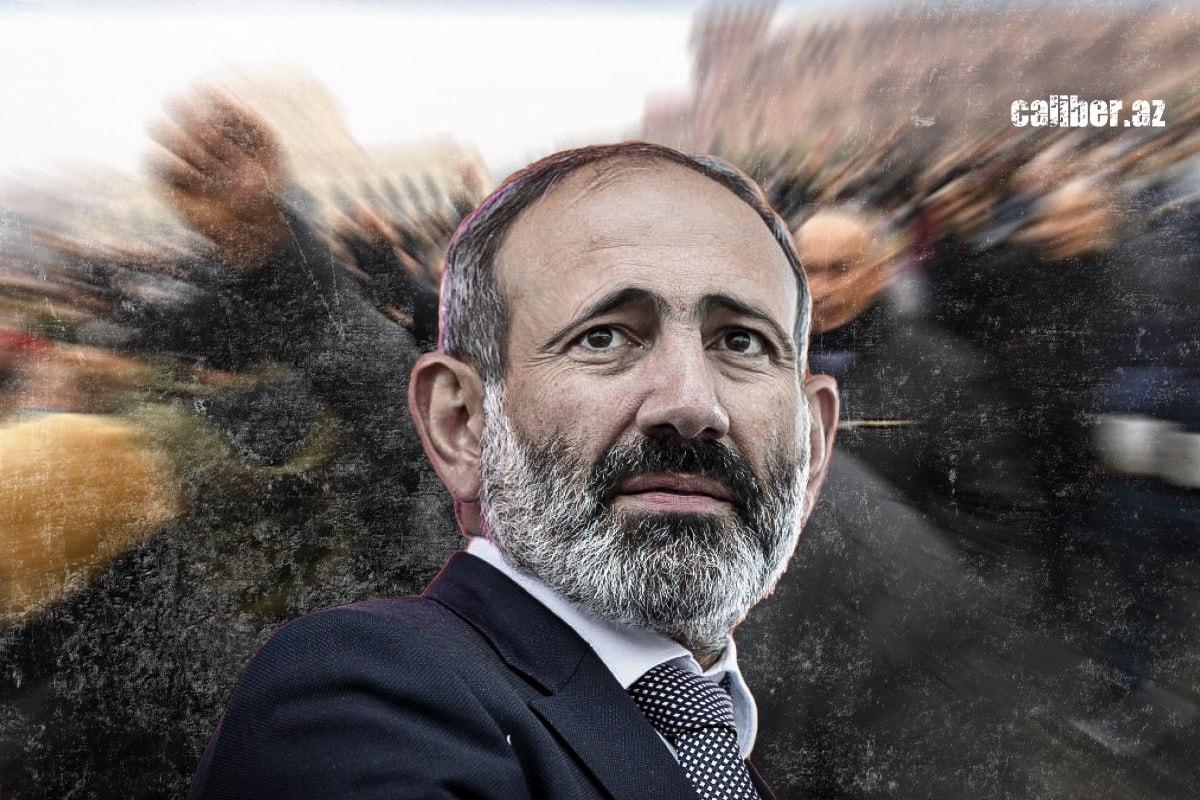BBC and Armenian myths Chronicle of bias
The first time is an accident, the second — a coincidence, the third — a pattern. Based on this premise and analysing the activity of the British media corporation BBC, one must conclude that its coverage is often biased against Azerbaijan. At the same time, the BBC shows a very loyal attitude towards Armenia. And it would be one thing if it was only about loyalty. Recently, we once again saw an example of a story about an illness without mentioning its causes. All this resulted in an article with a loud headline: “How Armenia is trying to build a Silicon Valley in the Caucasus.” I must admit, this headline inevitably provokes laughter — for a number of reasons. Starting with the understanding that trying and being able to do something are two very different things.
This reminded me of a scene from the comedy film Operation Y and Shurik’s Other Adventures, where one of the characters refused to give up his seat on the bus to a pregnant woman. They tried to shame him, saying, “She is about to become a mother.” The character replied, “And I am about to become a father.” Similarly, Armenia has long been aspiring to become something. I remember back when Serzh Sargsyan was president of the neighbouring country, it was called the “Caucasian Tiger.” In the end, it’s impossible to compare Armenia even to a kitten, let alone a tiger. But the efforts do exist — that’s true. And it’s about those efforts that the BBC decided to write. And to make sure no reader would doubt that Armenia is already moving towards becoming a “Silicon Valley,” the article tells the story of a nine-year-old boy named Slavik, who “is demonstrating his invention - a box with three LED lights.” Hmm, it’s curious the article didn’t mention how the same Slavik “invented” a TV remote control.

In any case, it feels like déjà vu. Just like in the early days of Soviet perestroika, when an Armenian “saviour of humanity” appeared on the TV program Vzglyad, claiming to have invented a “cure for AIDS.” Of course, it was called “Armenicum.” Since then, however, humanity has yet to find a panacea for AIDS. But these are just “minor details” compared to the traditions of Armenian showmanship and mythmaking!
Overall, we wouldn’t pay much attention to the BBC’s role in promoting yet another Armenian myth if the article hadn’t included the following passage: “Armenia is a landlocked country of 2.7 million people, the smallest in the South Caucasus region, and its borders with neighbouring Azerbaijan and Turkey have been shut for decades due to unresolved territorial disputes.”
Almost every word here calls for an ironic comment. Let’s start with the fact that there are many landlocked countries on our planet. So the question arises: does the BBC think that Azerbaijan and Türkiye are to blame in every single case? Also, it’s not quite clear what is being suggested about Armenia’s lack of access to the sea: should it be relocated to the Caspian, the Black, or maybe straight to the Mediterranean Sea?! Or should its borders be expanded “from sea to sea”?
Regarding Armenia’s population. At the time of the Soviet Union’s collapse in 1991, this number was higher — 3.5 million people. For comparison, Azerbaijan’s population at that time was 7.2 million. Now, Azerbaijan’s population exceeds 10 million. And we are not to blame for Armenia’s population decline. The reasons for this phenomenon could be explored by the BBC in a separate article, though there is a risk that Armenian men might take offence if they hear one of the explanations for this trend. In any case, none of this has anything to do with turning Armenia into a “Silicon Valley.”
As for the fact that Armenia does not have open borders with Azerbaijan and Türkiye, the BBC decided to mislead its readers by not mentioning the root cause of this “South Caucasus deadlock.” Although it is quite obvious. Armenia, even before the collapse of the USSR, chose the path of territorial claims against Azerbaijan. This ultimately led to the First Nagorno-Karabakh War, which resulted in 20% of our country’s territory being occupied. After Armenia’s occupation of the Kalbajar district, Türkiye closed its borders with Armenia.
For many years, official Baku appealed to the reason of official Yerevan, pointing to the violation of the principle of territorial integrity of states. We referenced four well-known UN Security Council resolutions, which Armenia ignored. Let me also remind you that Azerbaijan offered the Armenian population, who were living illegally on the temporarily occupied territories of our country, the highest status of autonomy. But this too was ignored by official Yerevan—by all its leaders, including Nikol Pashinyan, who now plays the role of a “dove of peace.”
As we all remember, he shouted in the centre of the then-occupied city of Khankendi that “Karabakh is Armenia, period.” He also gave the order to bomb peaceful Azerbaijani cities during the 44-day war. And after it ended, he continued to finance and arm the Karabakh junta, forcing Azerbaijan to conduct an anti-terrorist operation in the Karabakh region and fully restore its sovereignty and territorial integrity.

These are seemingly obvious facts that should be well known to a media giant like the BBC. Yet they chose to ignore all this, focusing instead on yet another example of portraying Armenia as a kind of “victim.” And this is not the first instance of this kind. We remember how the BBC openly misrepresented our country earlier in an article titled “Some get schools, others face repression: How national minorities live in Azerbaijan.” We also recall how manipulatively the BBC once covered the actions of Azerbaijani activists on the Shusha-Khankendi highway.
Earlier on the social media platform X, Hikmet Hajiev, Assistant to the President of Azerbaijan and Head of the Foreign Policy Department of the Presidential Administration, spoke on this matter. According to him, it is troubling that the BBC states in its charter that it “‘is committed to achieving due impartiality in all its output. This commitment is fundamental to our reputation, our values and the trust of audiences’ is engaged in one-sided and biased aggressive manipulation and promotion of lies as well in ‘Context’ program. BBC should serve as a platform for all voices, particularly on sensitive topics,” Hajiev remarked in September 2023.
It is now May 2025, yet as we can see, the BBC shows no intention of abandoning its tradition of praising Armenia while simultaneously disparaging Azerbaijan.








